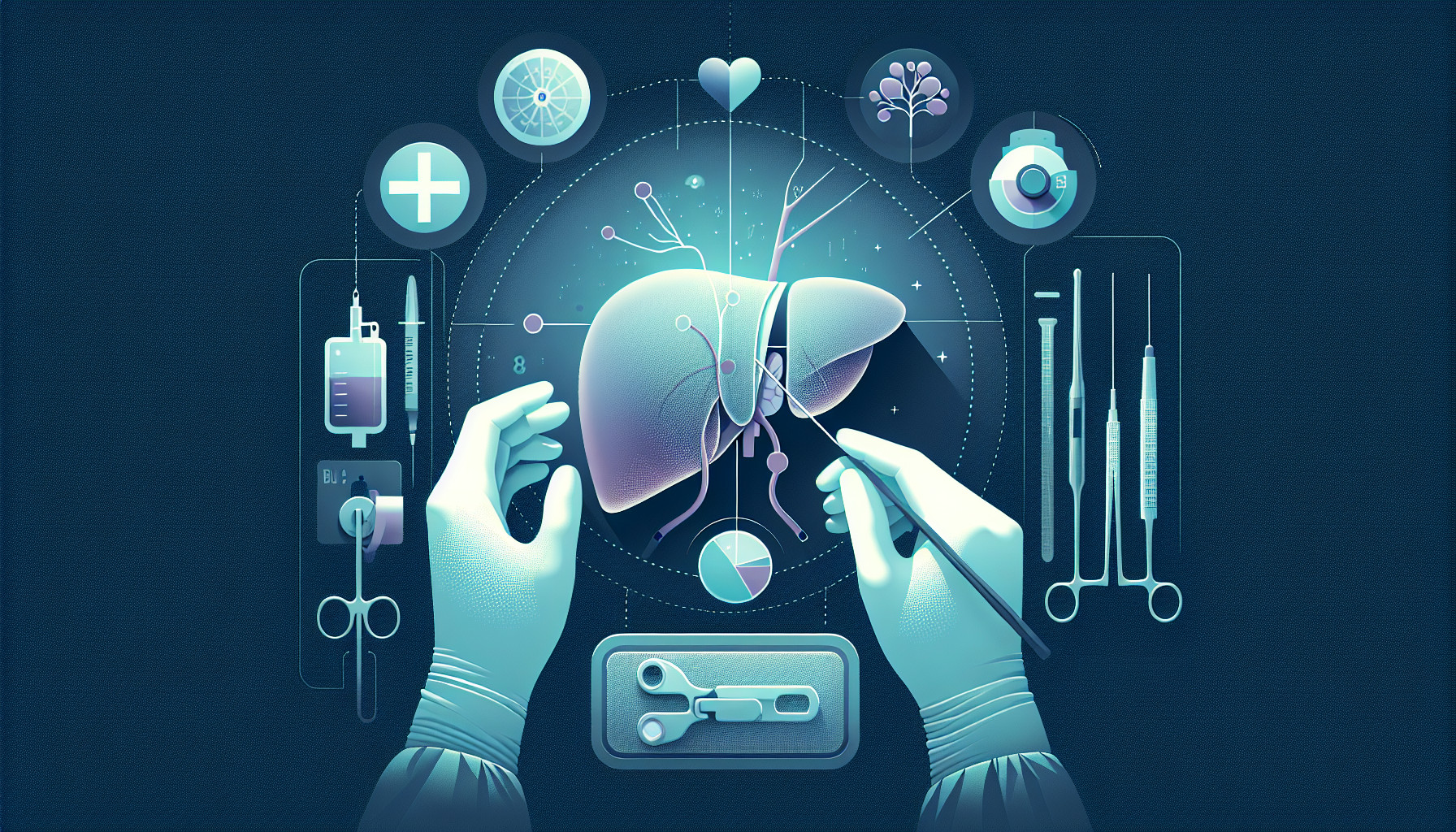Our Summary
This study examined the probability of tolerance to immunosuppression therapy in children who had received liver transplants. Immunosuppression therapy is necessary after a transplant to stop the body from rejecting the new organ, but it can cause health problems over time. The researchers looked at medical records from 585 children who had received liver transplants between 1994 and 2017. They found that younger children, those with certain diseases, and those who received organs from female donors were more likely to tolerate lower doses of the therapy. This is beneficial because lower doses can reduce potential health risks. However, the researchers caution that the risk of organ rejection should still be considered when reducing the therapy dosage.
FAQs
- What is immunosuppression therapy and why is it necessary for children who have received liver transplants?
- What factors were found to increase the likelihood of tolerance to lower doses of immunosuppression therapy in children who received liver transplants?
- Can the dosage of immunosuppression therapy be reduced in all pediatric liver transplant cases, or are there potential risks to consider?
Doctor’s Tip
One helpful tip a doctor might tell a patient about pediatric liver transplant is to closely follow the prescribed immunosuppression therapy regimen to prevent rejection of the new liver. It is important to take the medication as directed and attend all follow-up appointments with the transplant team to monitor progress and adjust the dosage as needed. Additionally, maintaining a healthy lifestyle with a balanced diet, regular exercise, and avoiding harmful substances like alcohol and tobacco can help support the success of the transplant.
Suitable For
Patients who are typically recommended pediatric liver transplant include:
- Children with end-stage liver disease or liver failure
- Children with genetic liver diseases, such as biliary atresia, Alagille syndrome, or metabolic disorders
- Children with liver tumors or cancer
- Children with autoimmune liver diseases, such as autoimmune hepatitis or primary sclerosing cholangitis
- Children with acute liver failure due to viral infections or other causes
It is important to note that each patient’s case is unique, and a pediatric liver transplant is typically recommended after a thorough evaluation by a multidisciplinary team of specialists.
Timeline
- Before liver transplant:
- Patient is diagnosed with liver disease and undergoes various tests and evaluations to determine the need for a transplant.
- Patient is placed on a waiting list for a suitable donor organ.
- Patient may experience symptoms of liver failure and undergo medical interventions to manage their condition.
- Patient and their family receive education and support from healthcare providers about the transplant process.
- Day of liver transplant:
- Patient undergoes surgery to receive the donor liver.
- Patient is closely monitored in the intensive care unit post-surgery for any complications.
- Patient begins taking immunosuppression therapy to prevent organ rejection.
- After liver transplant:
- Patient continues to be monitored closely in the hospital for signs of rejection or complications.
- Patient undergoes rehabilitation and physical therapy to regain strength and function.
- Patient and their family receive education on post-transplant care and medications.
- Patient follows up regularly with healthcare providers for ongoing monitoring and adjustments to medications.
- Over time, patient may experience improvements in their health and quality of life.
- Research on tolerance to immunosuppression therapy may be considered to reduce potential health risks associated with long-term use.
What to Ask Your Doctor
- How likely is it that my child will develop tolerance to immunosuppression therapy after a liver transplant?
- Are there any specific factors or characteristics that may make my child more or less likely to tolerate lower doses of immunosuppression therapy?
- What are the potential risks and benefits of reducing the dosage of immunosuppression therapy in my child?
- How will you monitor my child’s tolerance to immunosuppression therapy over time?
- What are the signs and symptoms of organ rejection that I should be aware of?
- Are there any alternative treatments or therapies that could help reduce the need for immunosuppression therapy in my child?
- How often will my child need to undergo medical evaluations and tests to monitor their liver transplant and immunosuppression therapy?
- Are there any lifestyle changes or dietary recommendations that can help support my child’s liver transplant and overall health?
- What is the long-term outlook for my child’s liver transplant, considering their potential tolerance to immunosuppression therapy?
- Are there any support groups or resources available for parents and families of children who have undergone liver transplants?
Reference
Authors: Shamsaeefar A, Kazemi K, Nikoupour H, Moosavi SA, Mashhadiagha A, Sayadi M, Gholami S, Motazedian N, Nikeghbalian S, Malekhosseini SA. Journal: Transpl Immunol. 2023 Jun;78:101827. doi: 10.1016/j.trim.2023.101827. Epub 2023 Mar 31. PMID: 37003498
